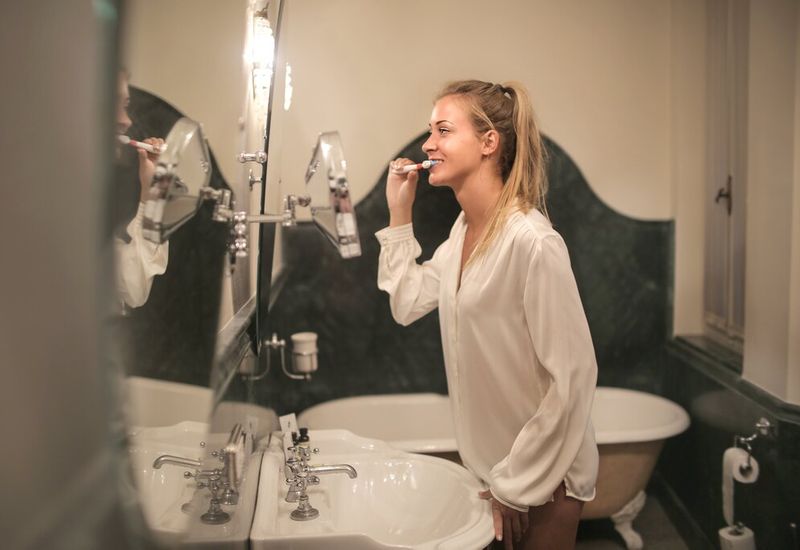Oral hygiene is a big deal. You only get two sets of teeth, so taking care of them while at uni is a must. Find out how to improve your dental health as a student.
Keeping your teeth clean is simple, but a lot of us avoid going to the dentist. It might be that you’re a bit scared, your student loan doesn’t stretch to the luxuries of a dental checkup, or you simply don’t have time with your uni work. Studies show that around 30% of university students had a problem with their teeth that was left untreated.
The average debt among students is £40,000, and we often see students trying to cut costs in areas that matter most, like visiting the dentist. If you haven’t paid a trip to your dentist for over a year, you could be part of that 30%. Good oral health is a key to overall well-being, so here are some tips to keep your teeth in great condition and make sure you get the treatment you need.
How do you find an NHS dentist near you?
If you’ve got a severe dental problem that needs treatment, such as bleeding in your mouth, then find out if your university’s dental students have a spot available to treat you. This can be found on your university’s information pages. If your condition is less serious, or you need a general checkup, it’s worth asking if that’s possible too.
If you’re under the age of 19 and in full-time education, then you’re entitled to free visits to the dentist and free treatments. If you don’t fall under this category, you’ll need to register with a dentist in your university city - remember, NHS dentists are the cheapest. Here’s a free directory of NHS dentists near you.
5 myths about brushing your teeth
Now, let’s bust some myths about dental hygiene. After all, the best way to avoid a trip to the dentist that’ll make you cry when you see your bank balance is to get clued up on how to look after your teeth in the first place.
You need to wet your toothbrush before you brush and rinse your mouth after brushing
Yes, we know it’s nice to get rid of the mintiness of the toothpaste, but the fluoride in your toothpaste protects your teeth even after brushing.
The more you brush your teeth, the better
Between two and five minutes of brushing is enough, or just think of it as a few strokes on each side of each tooth.
The longer you brush, the better
Once again, it’s quality over quantity, and anywhere between two and five minutes is just right.
Brush your teeth after you eat
If you do this, you’re brushing the sugars from your toast back onto your teeth, rather than cleaning them. Make sure to brush before breakfast in the morning and wait 30 minutes after eating to brush at night.
Flossing is overrated.
You need to improve your flossing technique - no, not the kid’s dance move - and make sure you stick to a routine to prevent plaque from building up on your teeth.
Brush up and down.
In fact, you should brush your teeth at an angle. If you don’t know how to brush your teeth, then check out this simple technique to avoid the build-up of plaque and other dental problems like gingivitis. Gingiwhat? Well, gingivitis is the first stage of periodontal disease and can be detected if your gums bleed when brushing or flossing.
Students in the UK have a relatively high rate of tooth decay and gum disease - don’t be one of them. And if you want to give us your views on everything from health to politics, sign up for our student panel today!













